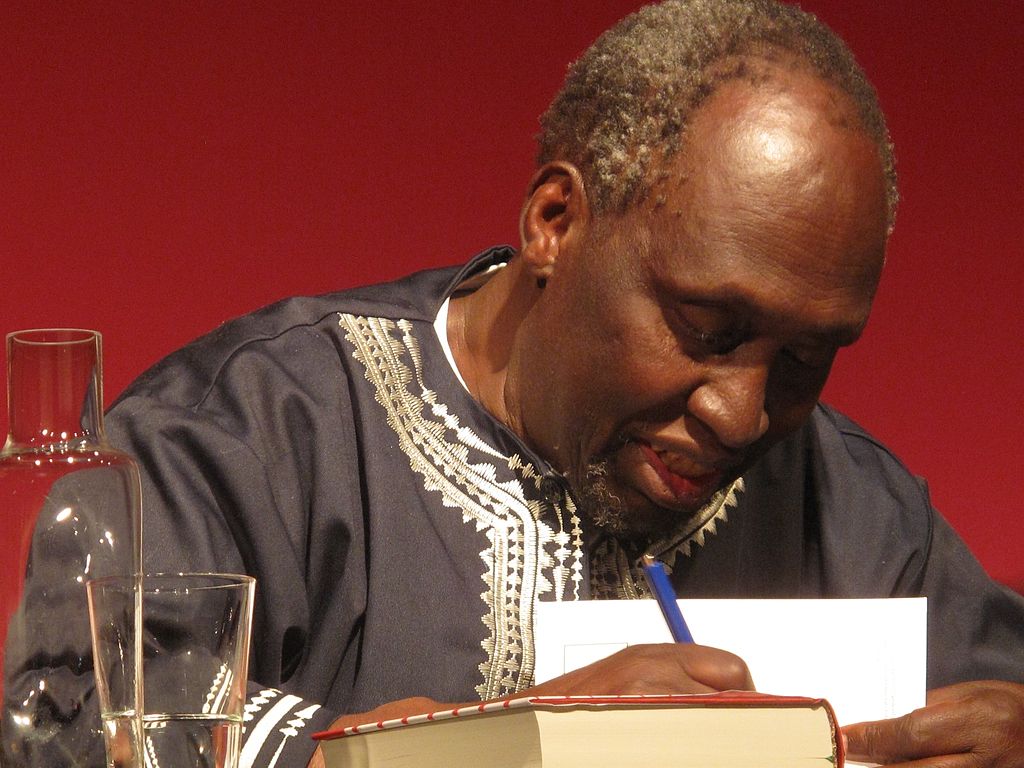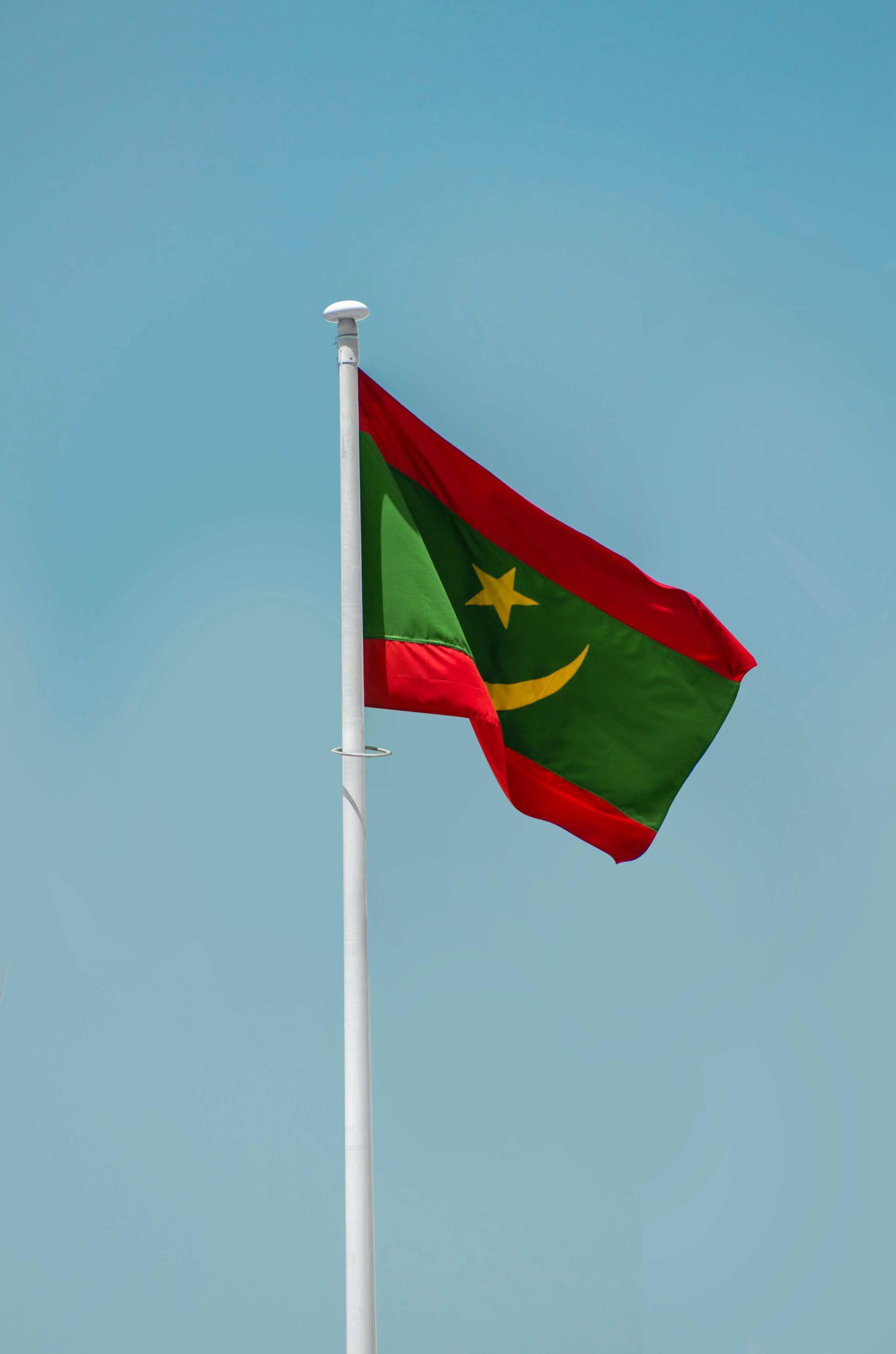The vast and colourful tapestry of African literature remains incomplete without the remarkable contributions of one illustrious figure, Ngũgĩ wa Thiong’o. An embodiment of eloquence, resilience, and bold imagination, Ngũgĩ has indeed shaped Africa’s narrative through his poignant words and relentless activism.
Born in Kenya in 1938, Ngũgĩ wa Thiong’o’s literary journey mirrors the struggles and triumphs of his native country. His commitment to portraying the authentic African experience, often marred by colonial legacy and contemporary sociopolitical challenges, has earned him international recognition and respect.
Ngũgĩ’s influence stretches far beyond the confines of the written word. He has advocated for the preservation and promotion of African languages, believing that native tongues are key to maintaining cultural identity and resisting neo-colonial influence. This belief is evident in his decision to write most of his works in Kikuyu, his mother tongue, before translating them into other languages.
In his novels, such as “A Grain of Wheat” and “Petals of Blood,” Ngũgĩ paints a vivid picture of pre- and post-colonial Kenya. His gripping narratives confront the uncomfortable truths of oppression, corruption, and inequality, all the while highlighting the resilience and unity of the African spirit.
An impressive array of awards punctuates Ngũgĩ wa Thiong’o’s literary career, and his name has been touted in discussions for the Nobel Prize in Literature on multiple occasions. Despite the prestige, his aim has consistently remained to inspire change and empower future generations through the power of language and literature.
Ngũgĩ’s enduring influence as a prolific author and cultural critic remains a testament to the power of African literature. His works serve not merely as historical chronicles but as catalysts for conversation about Africa’s past, present, and future.
As we delve into the rich depths of Ngũgĩ wa Thiong’o’s literary contributions, we uncover a man deeply committed to his continent’s narrative. His lifetime work portrays a vibrant and resilient Africa, keen on reclaiming and shaping its own destiny. A true master of his craft, Ngũgĩ’s stories offer profound insights that continue to inspire readers globally, while his socio-political activism perpetuates dialogues about Africa’s place in the world.
Indeed, Ngũgĩ wa Thiong’o is more than just an author – he is a guardian of African identity, an eloquent storyteller, and a ceaseless champion for the African narrative. His name stands tall in the pantheon of African literary greats, not just for the potency of his prose, but for his unwavering commitment to Africa’s linguistic heritage and socio-cultural evolution. His influence will continue to resonate in the annals of African literature and beyond.





